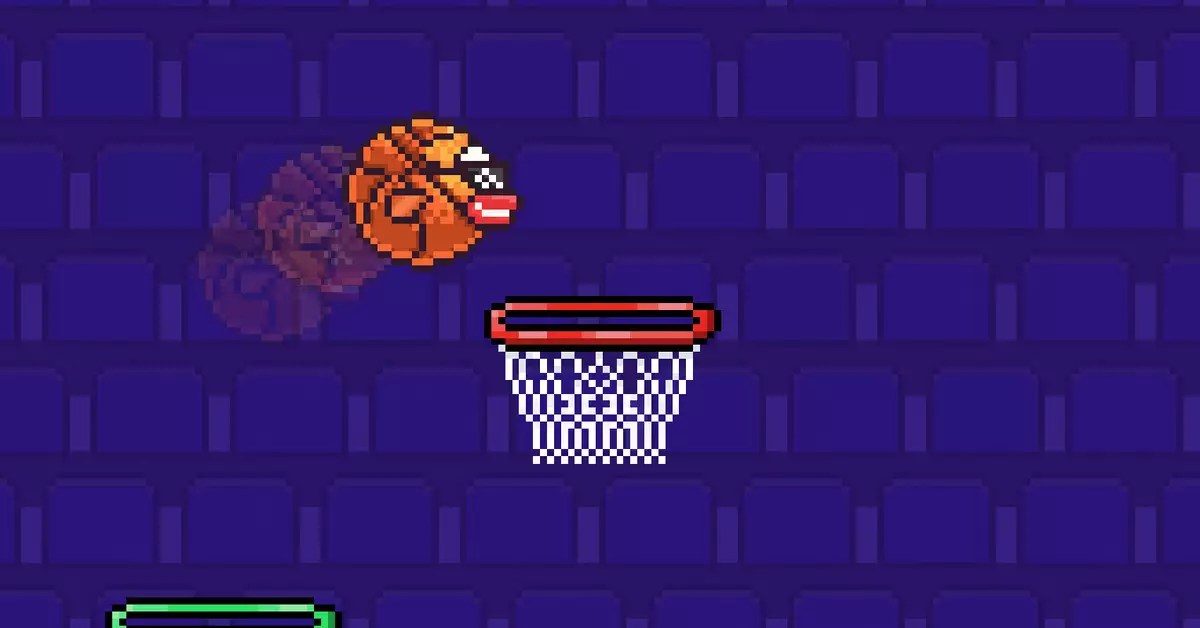The mobile gaming industry has seen a plethora of titles come and go, but few have left a mark as indelible as Flappy Bird. Originally released by Dong Nguyen in 2013, the game quickly gained notoriety for its simple yet maddening gameplay. This unexpected success, however, came to an abrupt halt when Nguyen decided to remove the game from app stores just a few months later, citing the overwhelming attention and stress it generated. Now, nearly a decade later, the Flappy Bird Foundation is making headlines by announcing a revival, yet the narrative surrounding this “return” is anything but straightforward.
The Flappy Bird Foundation’s announcement has been strategically crafted to evoke nostalgia—after all, many previous players fondly remember the challenge of guiding a pixelated bird through a labyrinth of pipes. However, the reality is more complex. Dong Nguyen, the original creator, has publicly distanced himself from this new iteration, claiming he has had no hand in its development. His statement on social media underscores this rift, asserting that he didn’t sell his rights, which paints a stark contrast to the foundation’s framing of the game’s resurgence as a triumphant return.
This dissonance raises an important question: can a revival thrive when the original creator is not involved? Many fans may feel disconnected from a game that defined their childhood if its essence is overshadowed by corporate intentions. The original magic of Flappy Bird stemmed from Nguyen’s simplicity and authenticity, and without his touch, this new version risks being a hollow imitation of its predecessor.
Adding to the confusion is the tangled web of trademark ownership. The Flappy Bird Foundation claims to have acquired the rights through Gametech Holdings, LLC, which obtained the trademark from Nguyen. This raises several eyebrows, especially considering Nguyen’s trademark was deemed abandoned by the US Patent and Trademark Office earlier this year. Such legal maneuvering throws into question not only the ethics of game revivals but also the integrity of ownership in the digital age. We are left to ponder the implications of corporate entities obtaining rights to intellectual properties without the original creators’ agreement.
A notable twist in this narrative involves the potential integration of cryptocurrency with the announced revival, as indicated by hidden pages on the Flappy Bird website. The idea of transitioning Flappy Bird into web 3.0 would open new avenues for monetization and player engagement but also raises concerns about the accessibility of a game that once thrived on its simplicity. Would this pivot alienate long-time fans or attract a new demographic interested in crypto-based gaming?
As the game gears up for a purported release on iOS and Android, both excitement and skepticism pervade the air. Can Flappy Bird take flight once more without the guiding hand of its original creator? As players await the launch in 2024, they are undoubtedly curious: will this new version recapture the essence of its forebear or merely serve as another vintage option for a digital nostalgia trip? Only time will tell if the Flappy Bird Foundation can successfully navigate the complex waters of nostalgia, corporate ownership, and modern gaming trends.


Leave a Reply